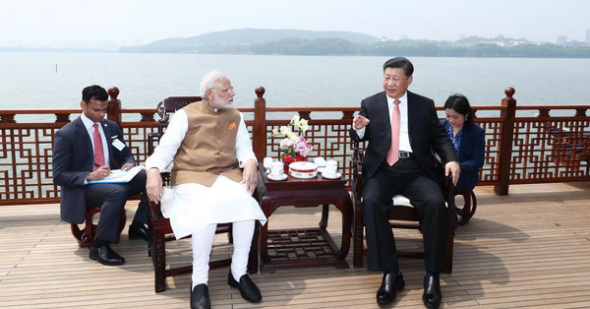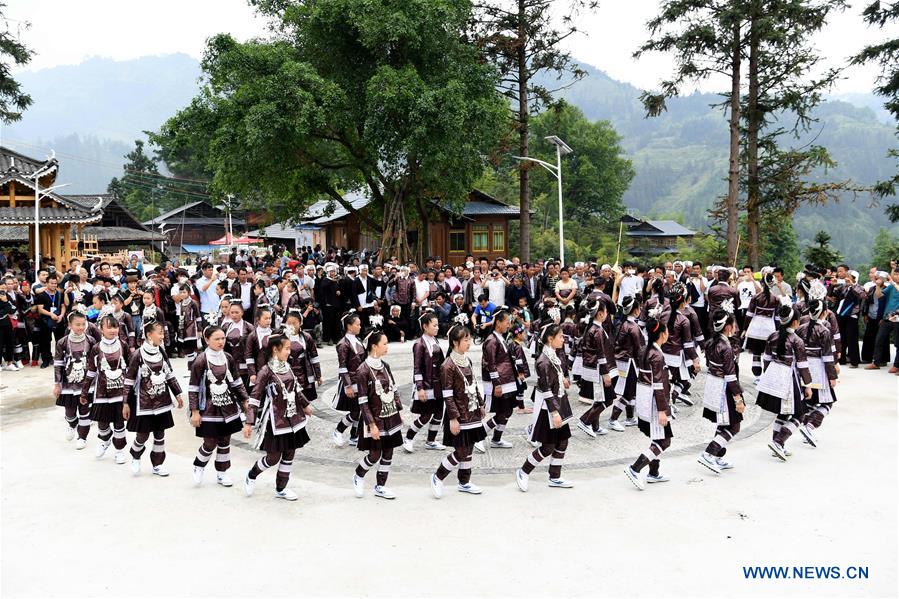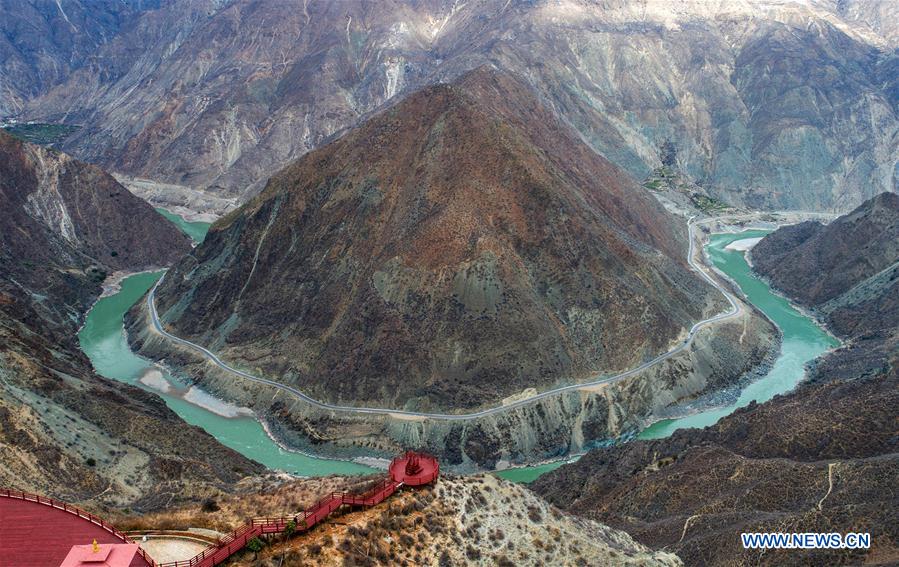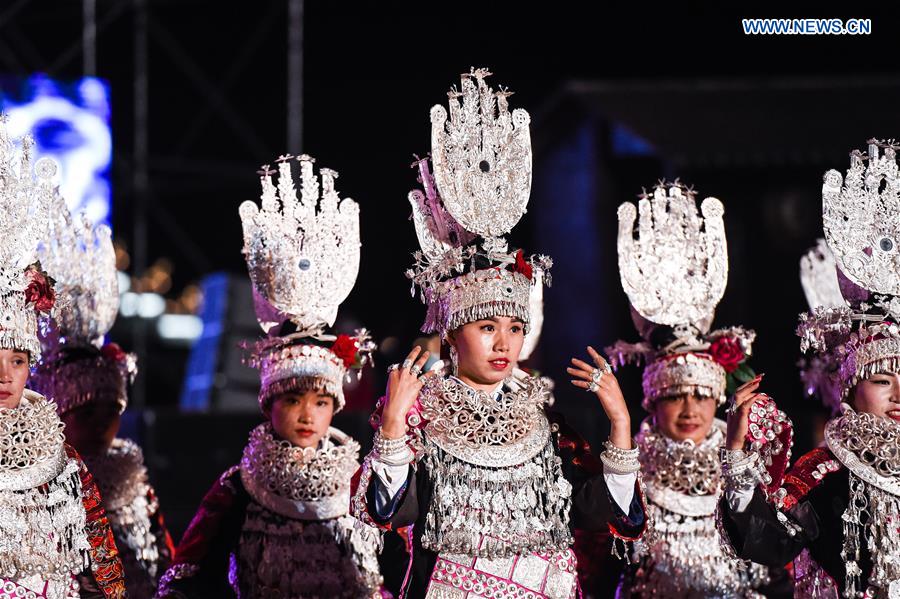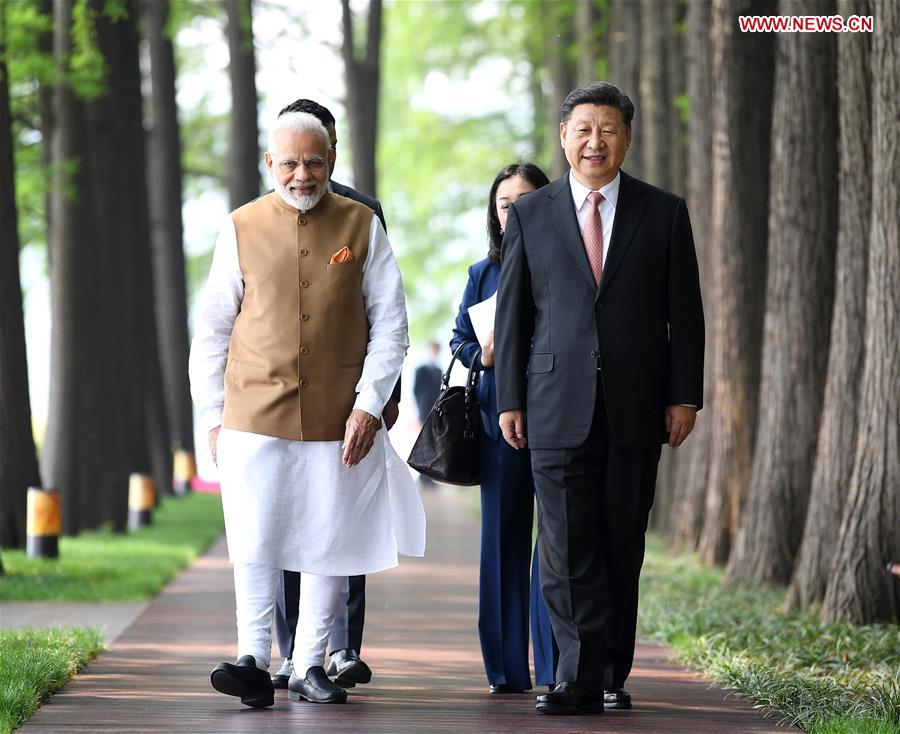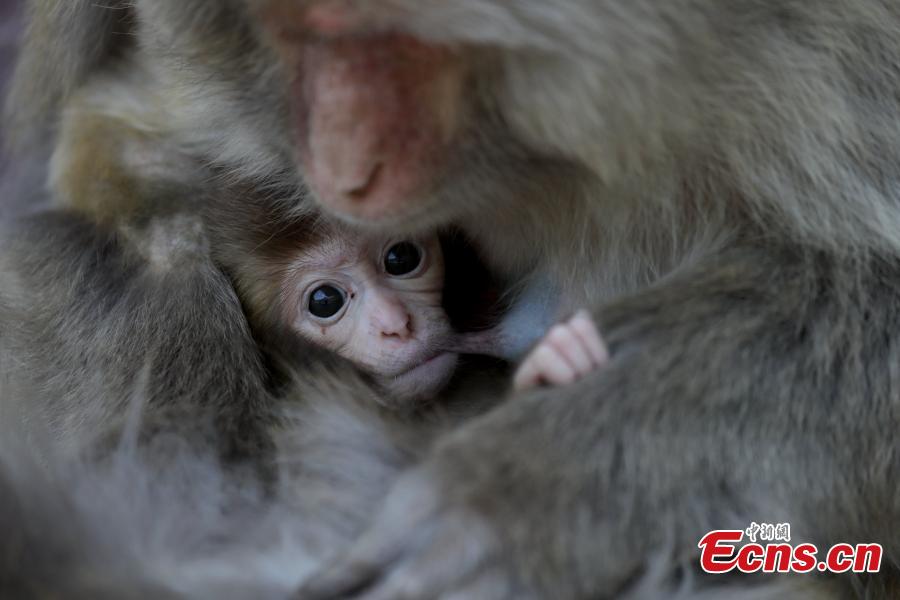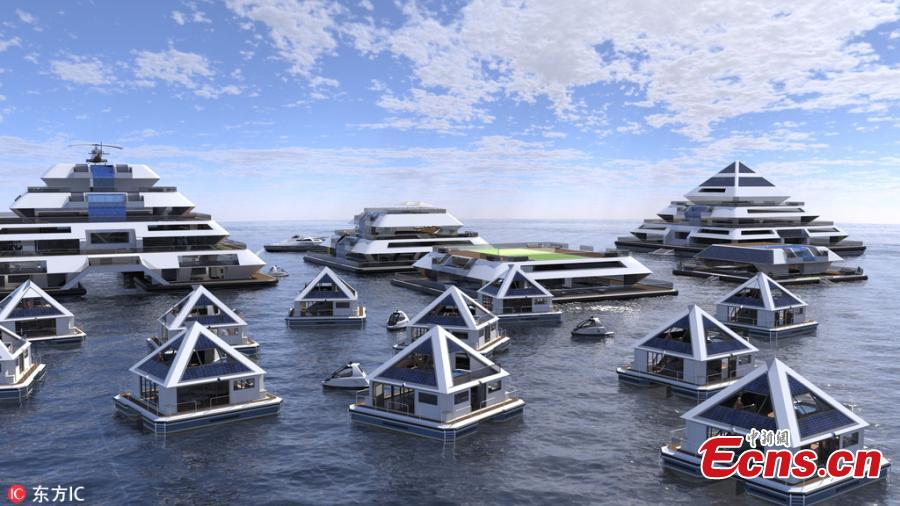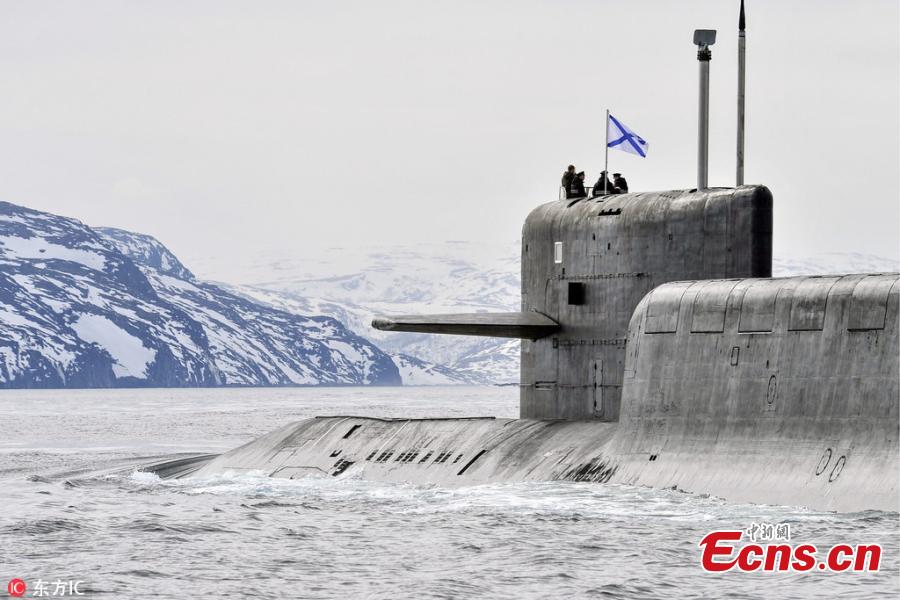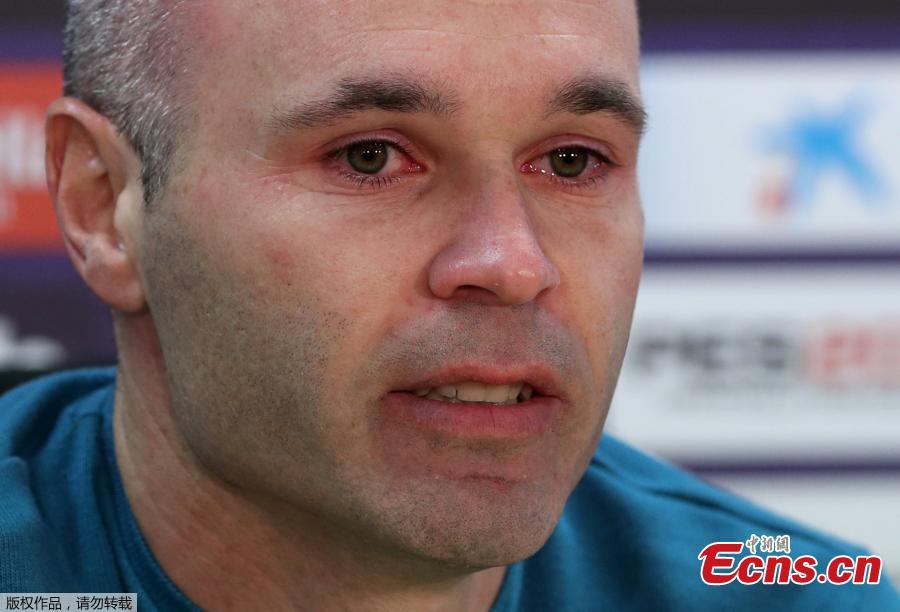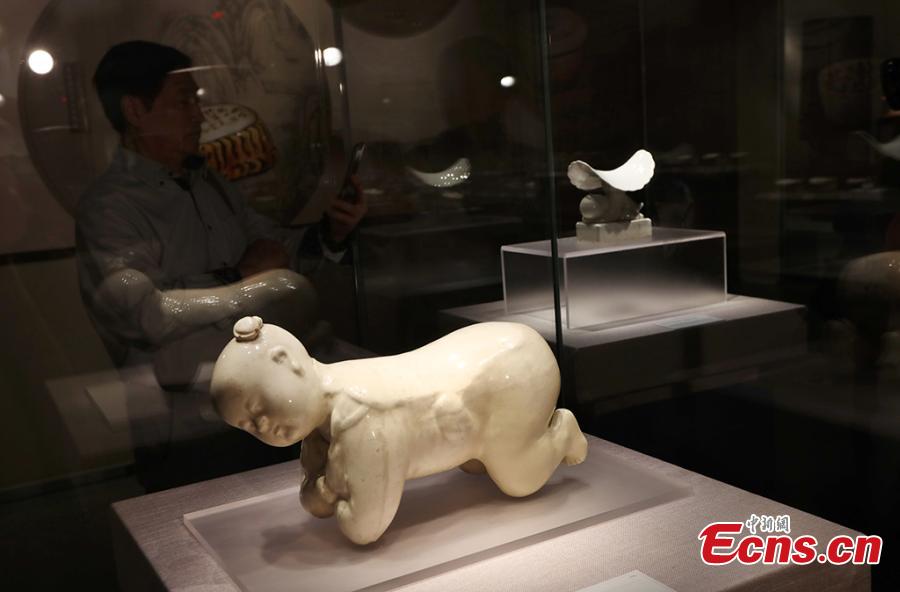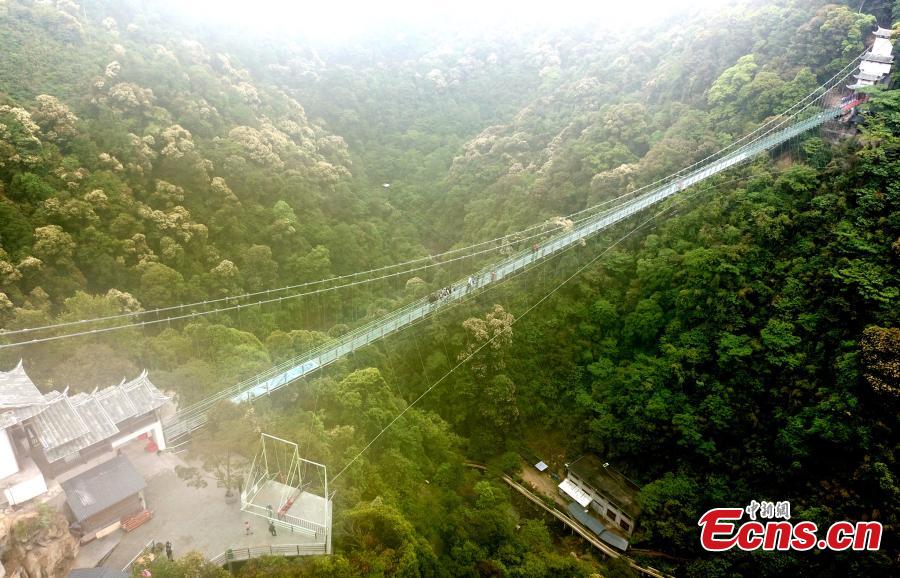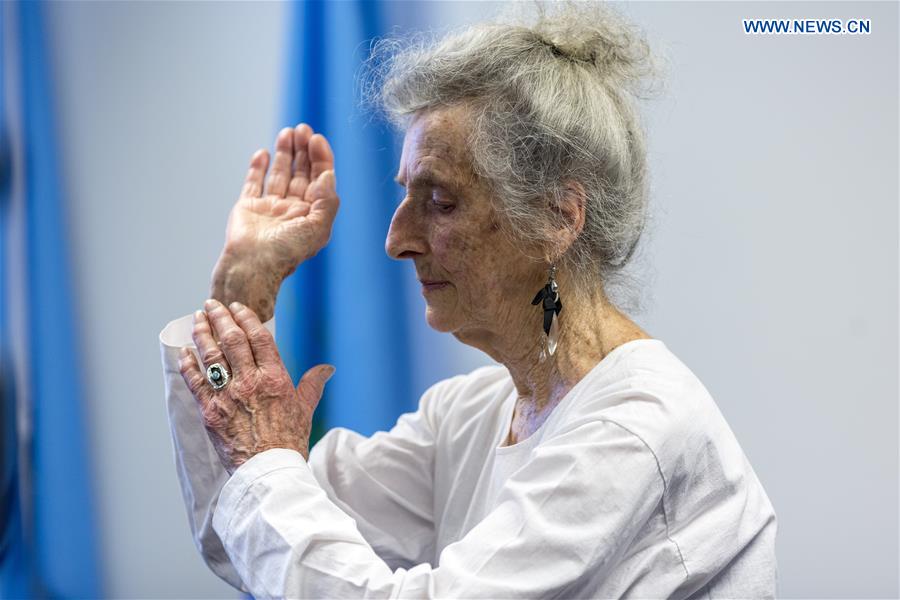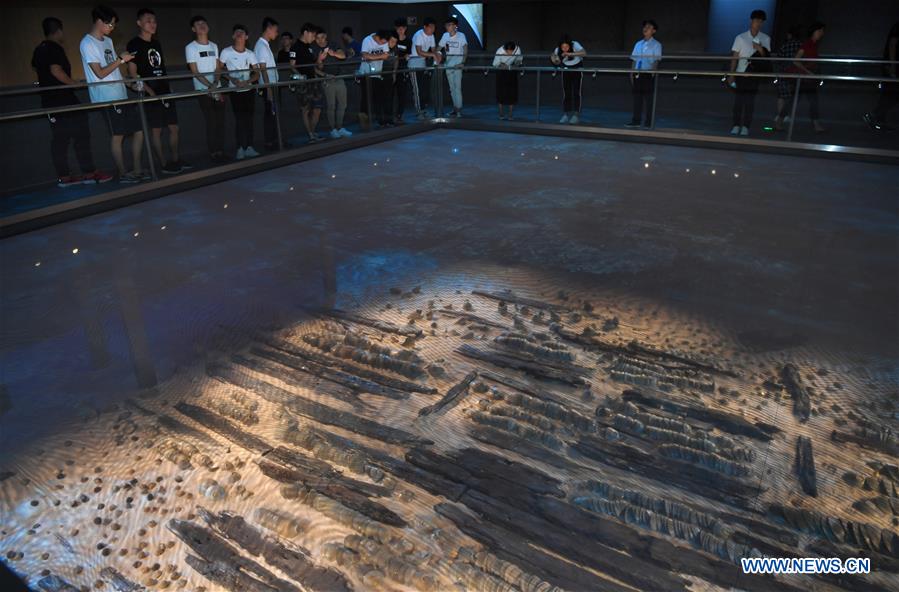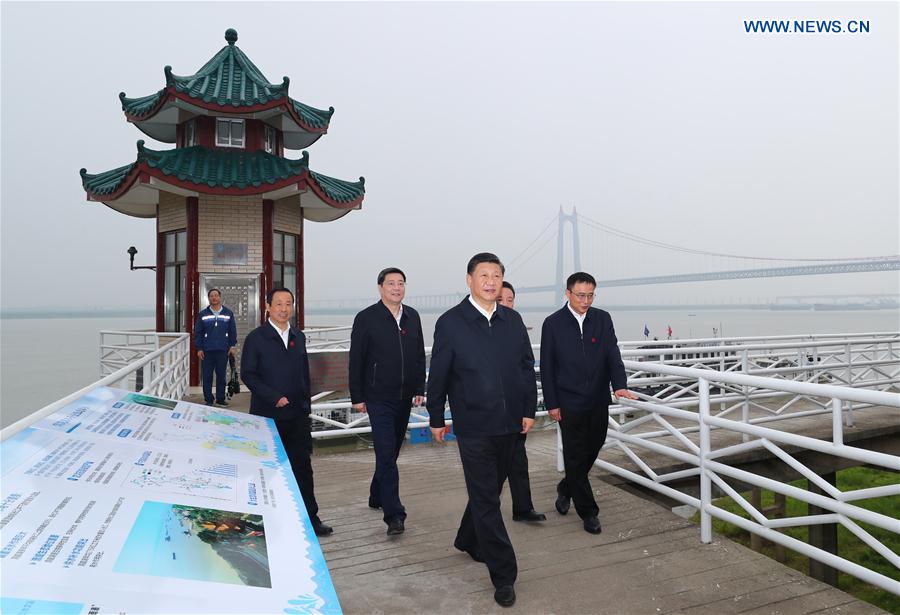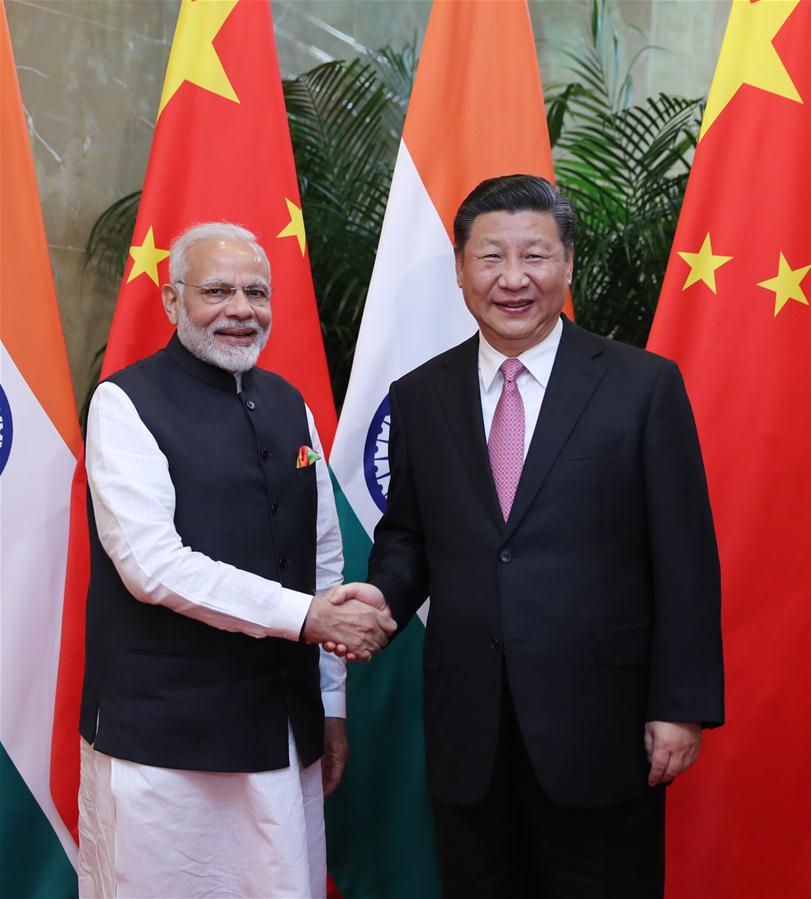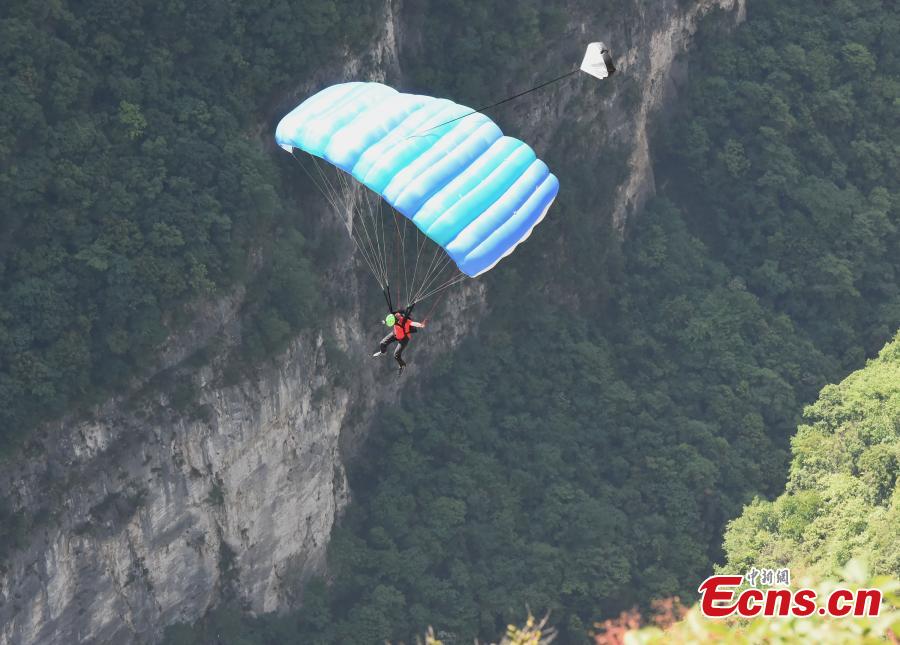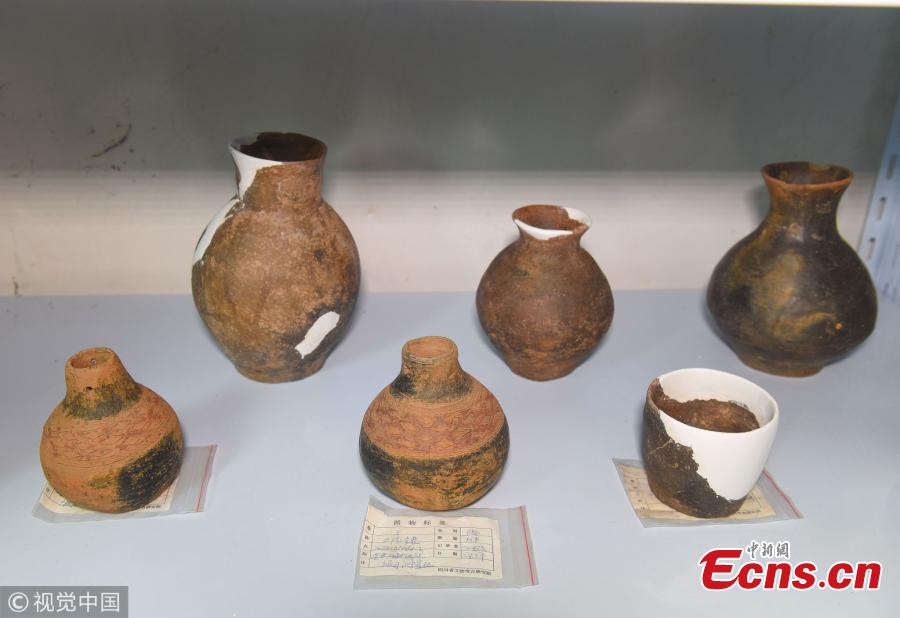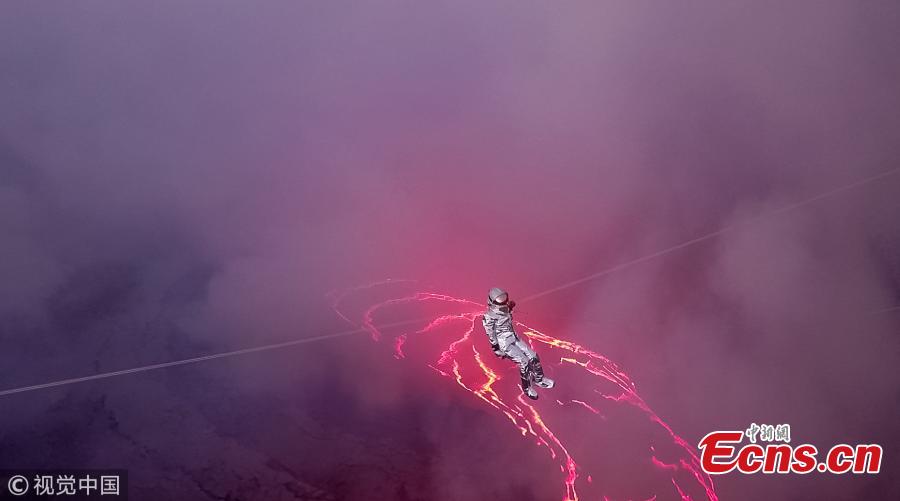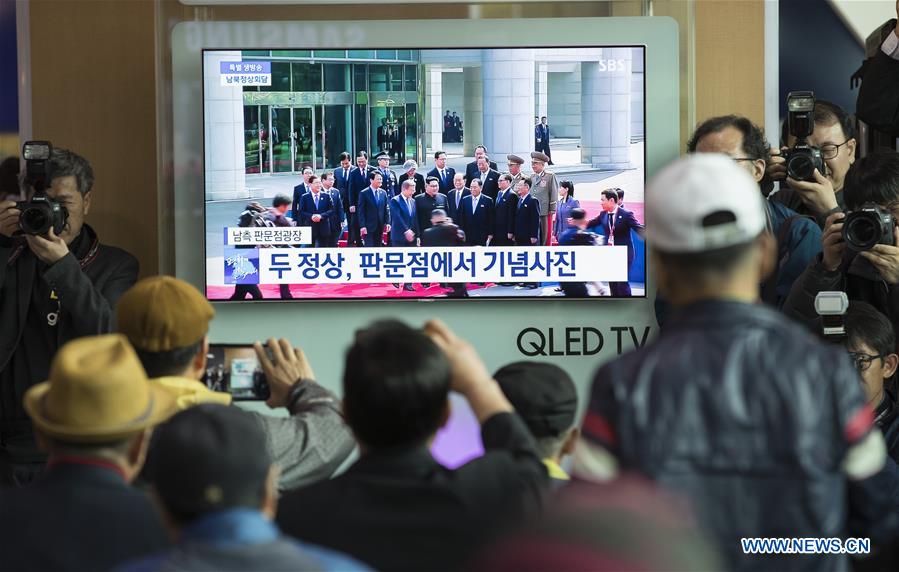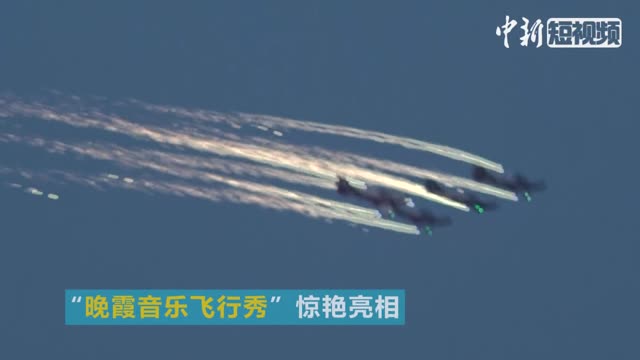The Republic of Korean President Moon Jae-in has asked the United Nations to observe the Democratic People's Republic of Korea's planned shutdown of its nuclear test site, the ROK's Blue House said on Tuesday.
Moon told United Nations Secretary-General Antonio Guterres that top DPRK leader Kim Jong-un promised to transparently make open the closedown of the Punggye-ri nuclear test site to the ROK and the United States as well as to the international society.
The ROK president asked the UN chief to allow officials to participate in the shutdown to observe and confirm it.
During the April 27 summit with Moon at the border village of Panmunjom, Kim said his country will close the Punggye-ri nuclear test site in northeast of the DPRK, where all of six nuclear tests were conducted, by the end of May.
After the summit, Moon and Kim signed and announced the Panmunjom Declaration in which the two sides agreed to the complete denuclearization and the change of the current armistice agreement into a peace treaty.
The two leaders also agreed to stop all hostile acts, including the propaganda broadcast and the distribution of leaflets, in areas near the military demarcation line dividing the DPRK and the ROK since the end of the 1950-53 Korean War under the declaration.
Local media on Tuesday reported that the DPRK was removing propaganda loudspeakers from the border area, in a bid to enforce the Panmunjom Declaration, and the ROK had also stopped its propaganda broadcasting days ahead of the Kim-Moon summit.
Guterres said he was willing to cooperate in the process in response, noting that though Moon's calls require the approval from UN Security Council, he will make efforts to help settle peace on the Korean Peninsula. Guterres added that he will appoint a UN official in charge of arms reduction to cooperate with the ROK.
Moon also asked Guterres to issue a statement welcoming and supporting the Panmunjom Declaration by the UN General Assembly or the UN Security Council, saying UN support will be a great help to improved inter-Korean relations and the success of the upcoming DPRK-U.S. summit.
The meeting between the DPRK and the ROK reflected the beginning of the improvement of relations. However, in order to achieve true peace on the peninsula, the DPRK and the U.S. must have direct dialogues and reach a consensus on specific plan on denuclearization, said Sun Xingjie, deputy dean of the School of International and Public Affairs at Jilin University.
US President Donald Trump on Monday said he has considered the Demilitarized Zone separating the DPRK and the ROK as a possible site for his meeting with Kim, expected in either May or early June.
"Numerous countries are being considered for the MEETING," Trump tweeted on Monday morning, "but would Peace House/Freedom House, on the Border of North & South Korea, be a more Representative, Important and Lasting site than a third-party country? Just asking!"
Sun said the summit between Kim and Trump is expected as a step forward for the denuclearization of the Korean Peninsula following the historic Kim-Moon summit, adding that the implementation of denuclearization will be a long process, and the choice of meeting locations is only the beginning.
As Washington and Pyongyang prepare for the summit, location has been one of the biggest logistical problems.
Asked late on Monday by CBS News if the DMZ could be a possible option to host the U.S.-DPRK talks, Trump said it was a location he thought was "intriguing" as it could hold bigger significance than having talks in a third country.
Trump also said the summit might not happen.
"Personally, I think it's going to be a success," he said. "If it's not a success, I will respectfully leave."










